“No religious minority can freely live or practice its religion in Pakistan today”: India at UNHRC
Using its right to reply, India's representative Seema Pujani slammed her Pakistani counterpart Hina Rabbani Khar.
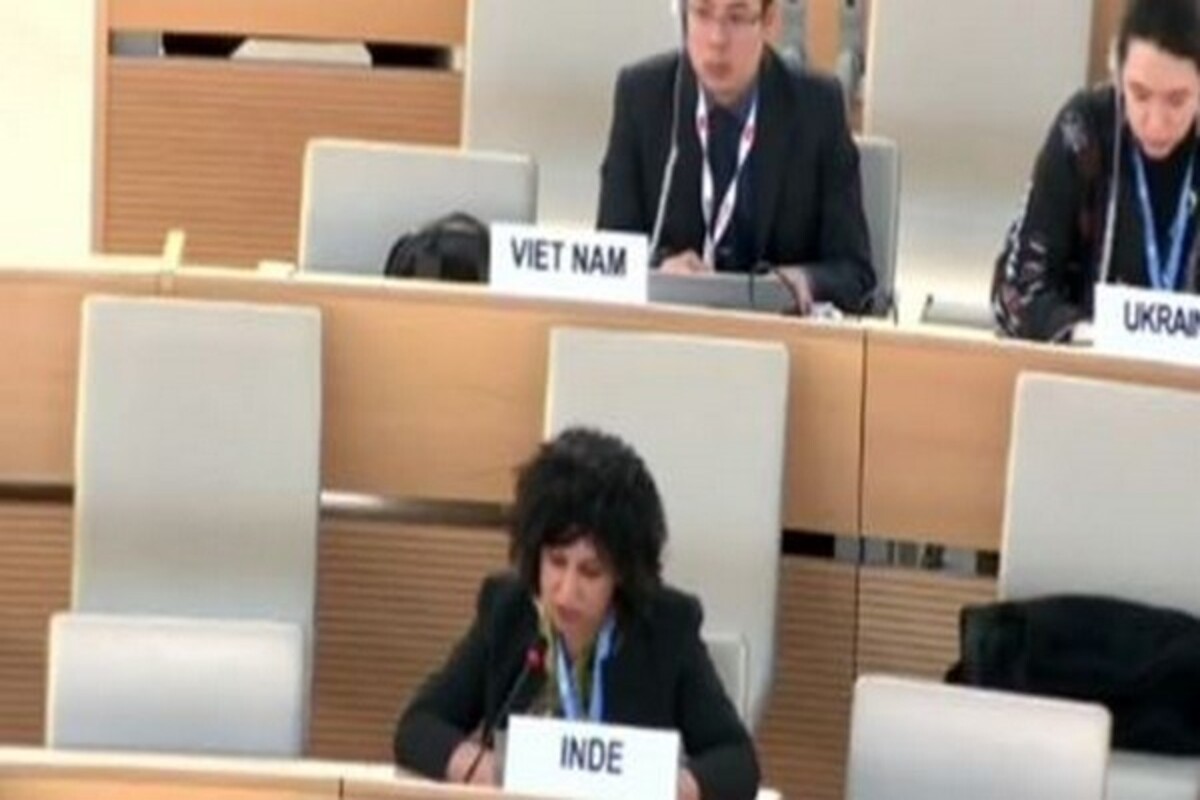
Using its right to reply, India's representative Seema Pujani slammed her Pakistani counterpart Hina Rabbani Khar.
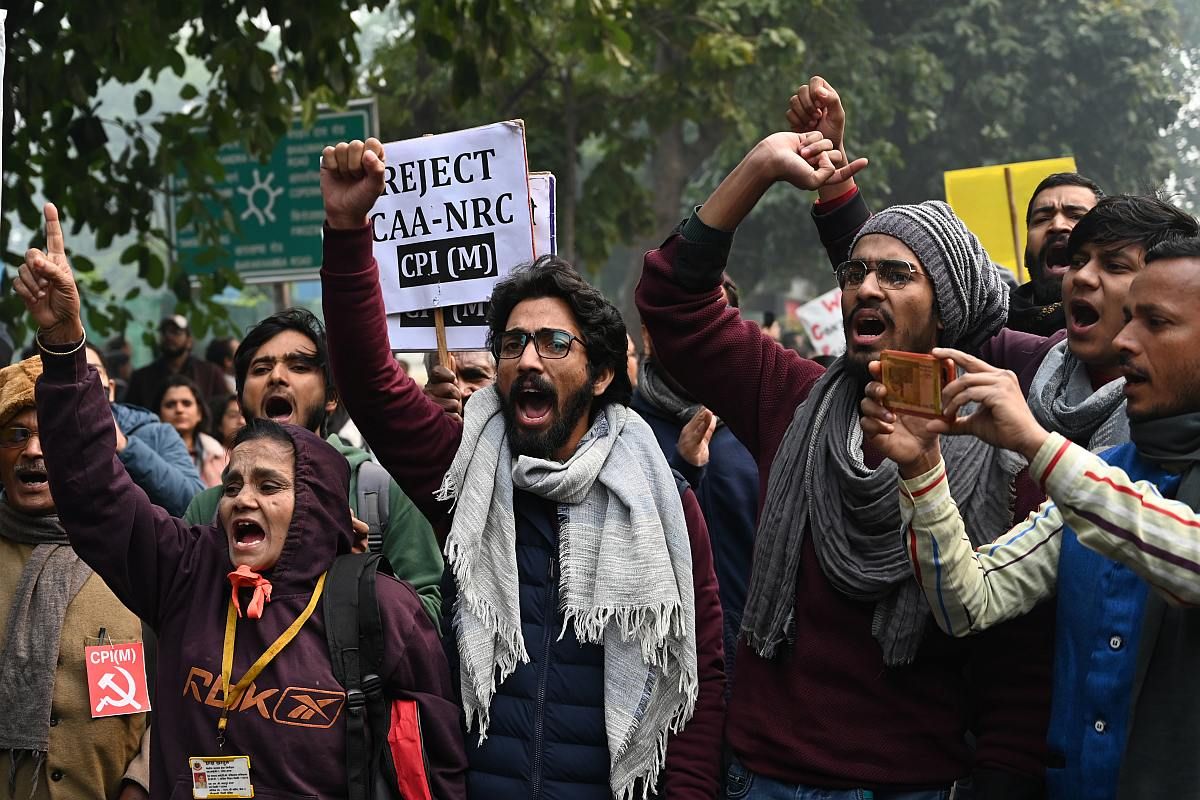
Besides showing their religious evidence, the applicants belonging to Hindu, Sikh, Christian, Buddhist, Jain or Parsi faiths will also have to furnish documents to prove that they entered India on or before December 31, 2014.
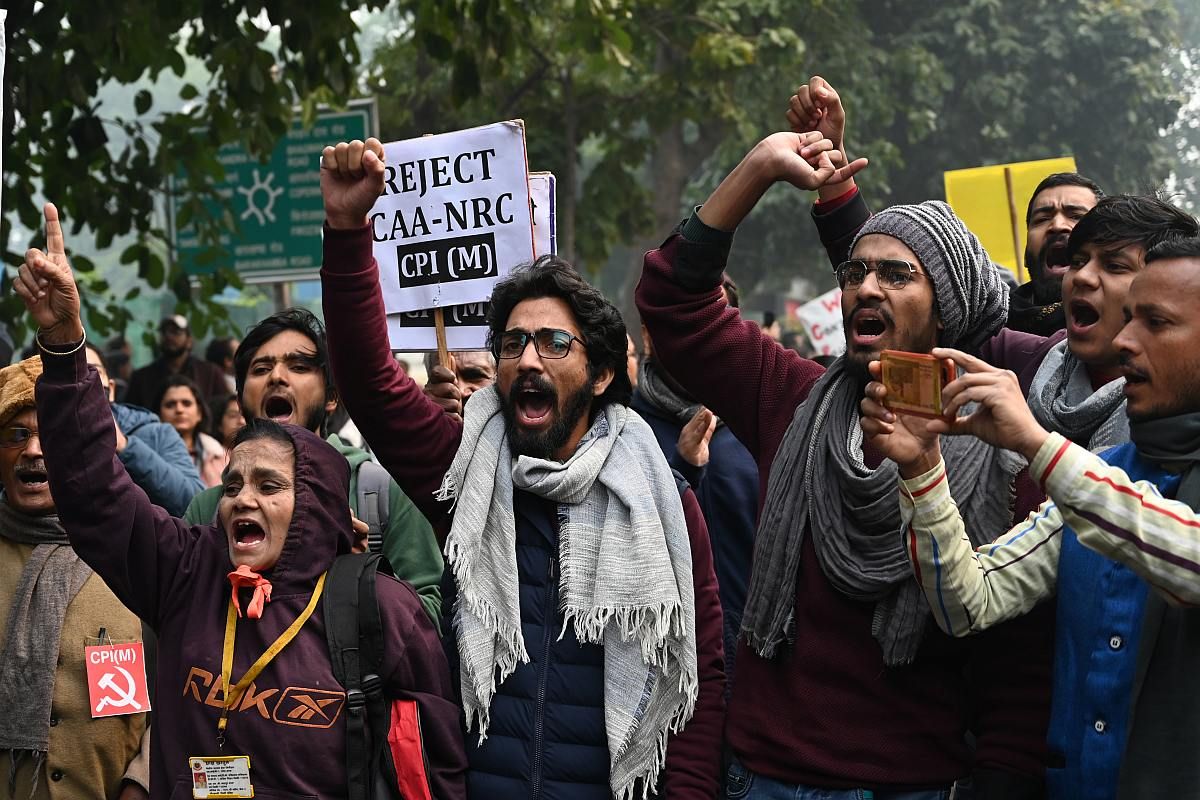
Those who are opposed to the legislation have it is for the first time that India will grant citizenship on the basis of religion which violates the basic tenets of the country's constitution.
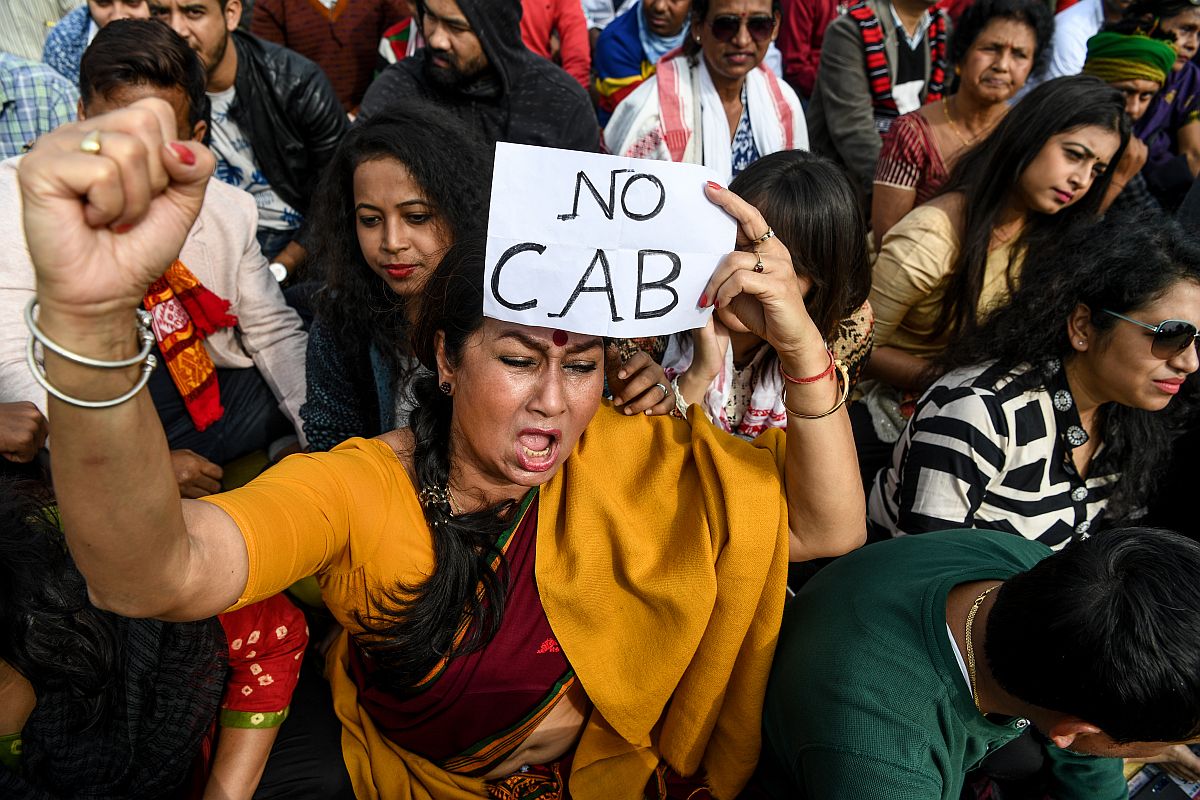
Amid tensions in the northeast, the United States had earlier urged India to protect the rights of its religious minorities in keeping with its Constitution and democratic values.
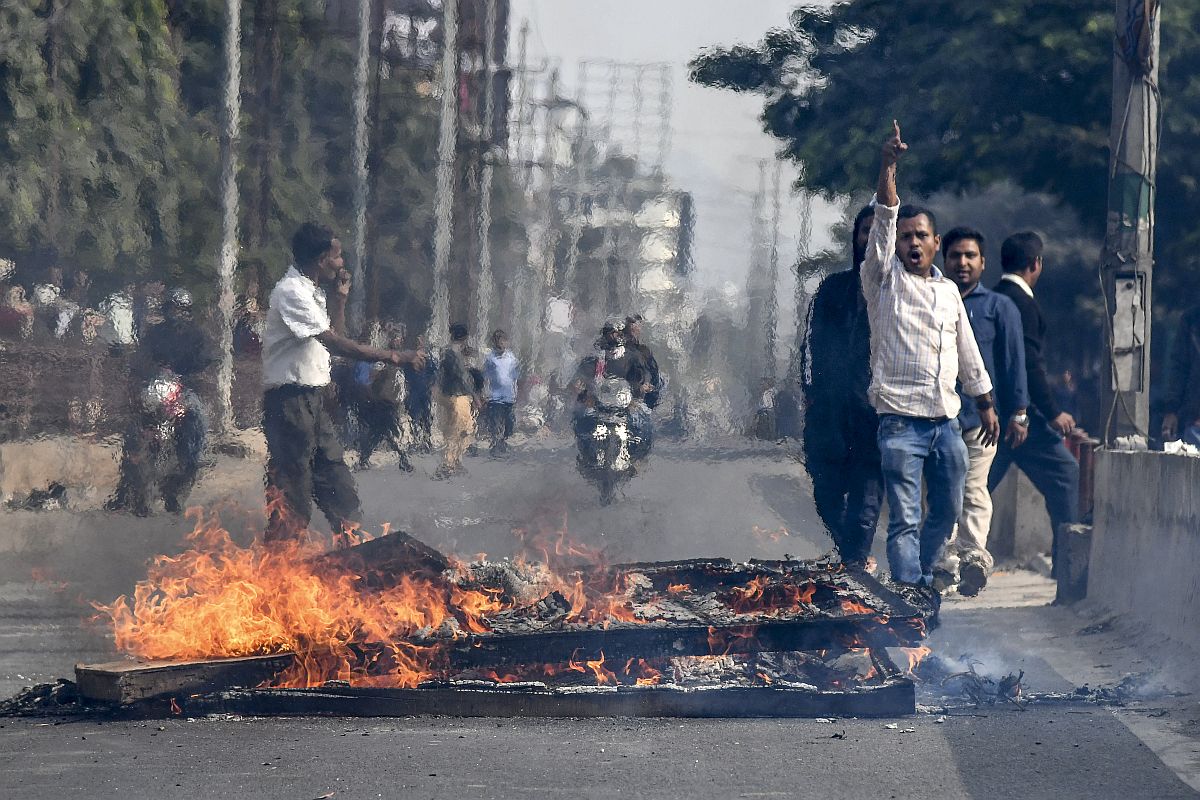
The rights body said that the amended law 'appears to undermine the commitment to equality before the law enshrined in India's Constitution'.
India has, however, declined to link the cancellation of the visit with the passing of the Citizenship Bill.
Amid raging protests, the Citizenship (Amendment) Bill 2019 was passed after a fierce debate in the Rajya Sabha with 125 votes in support while 99 against it.
Protests have erupted in the northeast, especially in Assam and Tripura, as the indigenous people are worried that the entry of these people will endanger their identity and livelihood.
Ahead of the tabling of the bill in Rajya Sabha, PM Modi had hailed the Citizenship Bill as 'historic' and said that it will be 'written in golden letters for people who are persecuted on basis of religion'.
The heavy deployment comes amid violent protests emerging from the two northeast states over Citizenship Bill, which is being fiercely debated upon by the BJP government, its allies and the Opposition parties in Rajya Sabha.